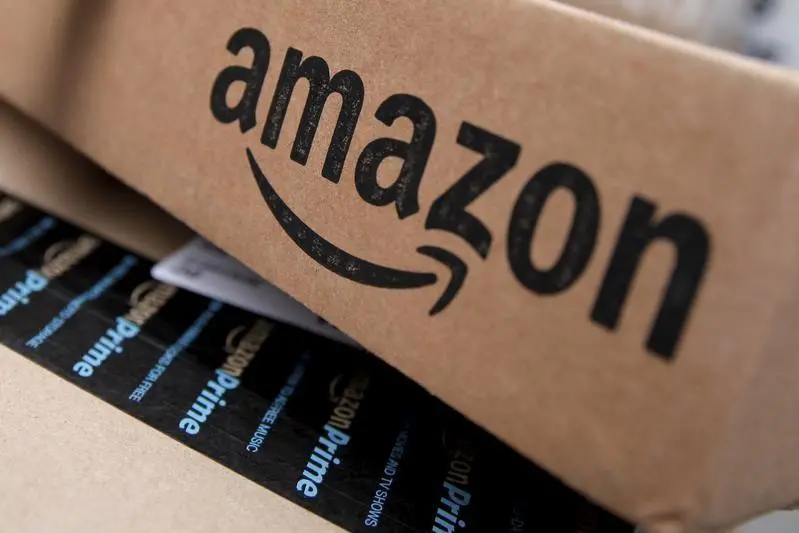PHOTO
NEW YORK/SAN FRANCISCO - Jeff Bezos’s first letter to Amazon.com shareholders in 1998 said that “it’s all about the long game.” With revenue of $60 billion over the last three months alone – roughly 100 times what it was in the year Bezos penned that missive – the challenges have changed. To ensure the e-commerce giant’s future, Bezos’s best weapons aren’t sales growth, but sprawl and usefulness.
Amazon has received less scrutiny from U.S. politicians than other Silicon Valley giants. Presidential hopefuls Elizabeth Warren and Bernie Sanders have both bashed the company for anti-competitive and worker-pay concerns but Bezos has yet to be called before Congress in a public hearing, unlike the heads of Facebook, Apple, Alphabet's Google and Twitter. He even avoided that spotlight when Amazon agreed to buy retailer Whole Foods in 2017.
One reason is that Amazon is a platform for selling goods, not a social network, so user content isn’t such an issue. Three members of Congress told Breakingviews that while Amazon is big, at least it has its act together. But Amazon can’t avoid the spotlight forever. While revenue grew 17 percent in the latest quarter, year-on-year, sales of services to other companies that sell on Amazon’s platform, and of its cloud business, grew at least twice as fast. These two areas have drawn the most fire from critics.
There are two things Bezos will need to keep doing to appease detractors, and both are likely to change the company’s earnings profile over time. First, spread Amazon’s operations so that more communities and politicians have an interest in helping to fight its corner. Amazon already has warehouses and fulfillment centers in more than half of U.S. states, but that means there are many where it doesn’t. It pays a minimum of $15 per hour, which is good, but it could do better: Bank of America is about to raise its minimum level to $20.
Amazon will also need to divert more funds to projects that help answer social problems, even if they don’t obviously help shareholders. Telecom AT&T T.N avoided a forced breakup for decades partly by coming up with inventions like transistors, data networking and cellphones. Bezos has already warned shareholders that if the size of Amazon’s failures isn’t growing, it isn’t trying hard enough. He’s also planning for the company to launch over 3,000 satellites for a worldwide broadband network. Being useful is the best way to be tolerated, if not loved.
On Twitter https://twitter.com/rob_cyran and https://twitter.com/GinaChon
CONTEXT NEWS
- Amazon.com on April 25 reported revenue for the first three months of 2019 of $59.7 billion, an increase of 17 percent from the same period in 2018. It earned $3.6 billion in the period, more than twice the amount a year earlier.
- U.S. Senator Elizabeth Warren, who has called for the breakup of Amazon and other big tech companies, said on Twitter on April 22 that Amazon was “knocking out competition” through gathering data on purchases of goods sold by small businesses, and offering own-label versions of hit products.
- Amazon replied, also via Twitter, that it does not use individual sellers’ data to launch private-label products, adding that the latter account for only around 1 percent of sales.
- Founder Jeff Bezos said in his annual letter to investors earlier this month that as a company grows, so should its “failed experiments.” Bezos wrote: “If the size of your failures isn’t growing, you’re not going to be inventing at a size that can actually move the needle.”
- For previous columns by the authors, Reuters customers can click on CYRAN/ and CHON/
- SIGN UP FOR BREAKINGVIEWS EMAIL ALERTS http://bit.ly/BVsubscribe
(The authors are Reuters Breakingviews columnists. The opinions expressed are their own.)
(Editing by John Foley and Martin Langfield) ((robert.cyran@thomsonreuters.com; gina.chon@reuters.com Reuters Messaging: robert.cyran.thomsonreuters.com@reuters.net; gina.chon.thomsonreuters.com@reuters.net))





















